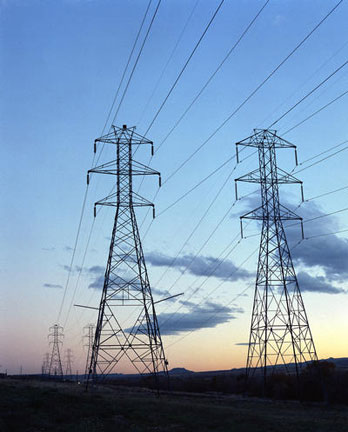 There are no atmospheric conditions that guarantee the formation of a hurricane, however once they are formed satellites can track the path of the hurricane, providing warning for people living in a hurricanes path.
There are no atmospheric conditions that guarantee the formation of a hurricane, however once they are formed satellites can track the path of the hurricane, providing warning for people living in a hurricanes path. The National Hurricane Centre in Miami (website) uses satellite images to try and forecast the path of a hurricane. There are two types of satellites used:
-Geostationary: a satellite that remains over the same spot on the earth's surface
-Polar-Orbiting: satellites that pass over the earth from pole to pole
The satellites measure visible light that is naked to the human eye and shows the formation of clouds. This method is only able to work in daylight as it measures the reflected sunlight.
Infrared meters are also used, and they measure temperature of the cloud or the earth's surface. These images are available even when there is no daylight.
Reinforced aircrafts fitted with instruments fly through and over hurricanes, and weather radars can locate storms within 200 miles of the radar station.



